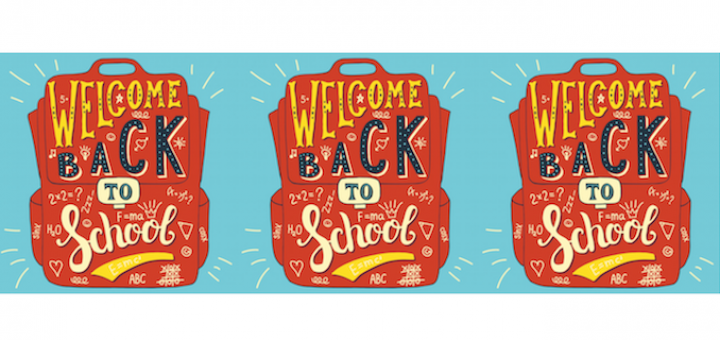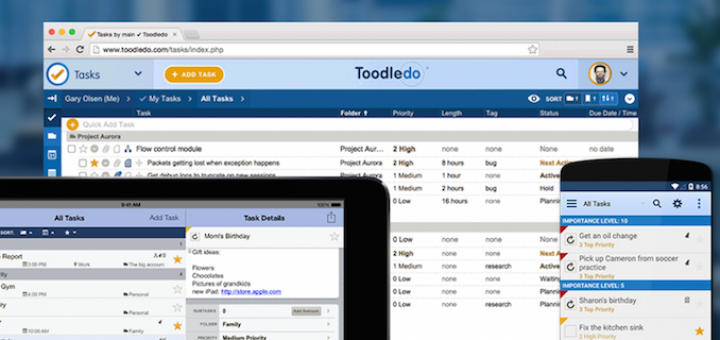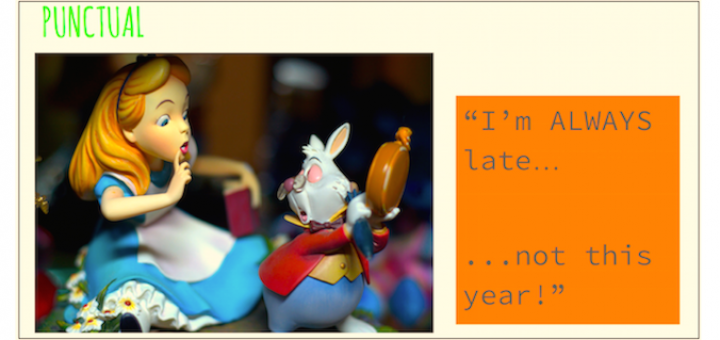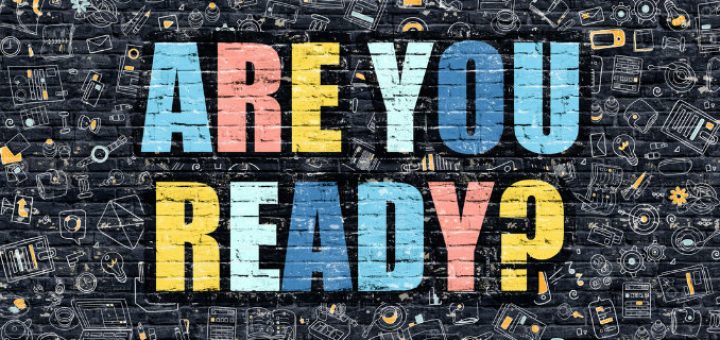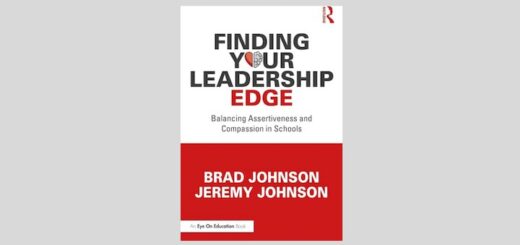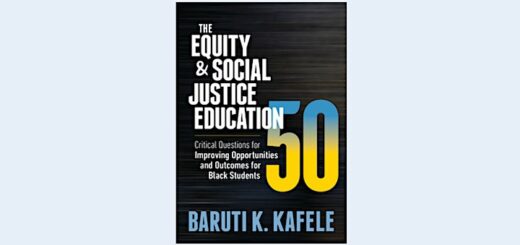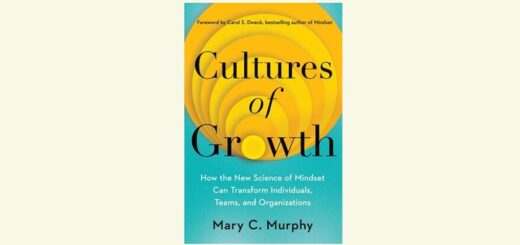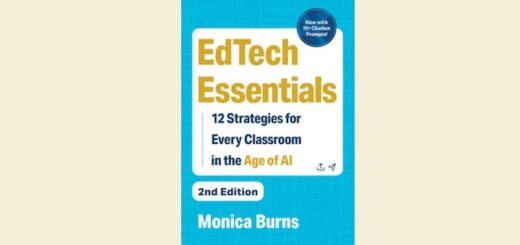Teaching and learning in grades 4-8
In Relationships That Work, authors Adam Sáenz and Jeremy Dew invite readers to write and reflect about the best ways to work with kids, parents and colleagues to help students learn. Math teacher Anthony Purcell found the counselors’ advice helpful.
It’s the first day of school and your middle level students are acting like, well, adolescents. You’ve got to hook them quick, says teacher Elyse Scott. Forget the pre-tests and paperwork. Jump in and let them know how exciting your classroom universe is going to be.
Make no mistake says productivity expert Frank Buck, how well we bring our vision for the school year to fruition rests upon the things we do on a daily basis. Getting organized by going digital is the overwhelmed educator’s best hope. Buck recommends Toodledo.
With the goal of encouraging learning at school and beyond, Curtis Chandler describes two free tech tools to help get students and the school year off to a good start: Poll Everywhere will quickly spark discussion and the Remind app will keep everyone on track.
Amber Chandler and her co-teaching colleague will use the One Word Challenge this fall to set the focus and tone for a cohesive classroom culture. After a trial run last January, they are confident it’s the perfect way to kick off the year. Tips & slides!
Each unit of Heather Wolpert-Gawron’s latest Project Based Learning book is filled with innovative ideas and detailed steps to implement rich PBL units. Sandy Wisneski, lead teacher in a PBL school, says the book’s guides and resources will engage students.
Victoria L. Bernhardt’s suggestions in Data, Data Everywhere, when implemented with fidelity, will help leaders organize information, guide discussions, and, ultimately, lead to an improvement in student learning. Teacher Alex T. Valencic recommends the book.
With its comprehensive collection of CCSS-ELA graphic organizers, The Visual Edge provides a very visible way for students in grades 6-12 to approach Common Core-related standards. Teacher-reviewer Joyce Depenbusch has numerous suggestions for the next edition.
When you walk into your own classroom for the first time, options (and stressors) abound. Keying in on essentials and asking for help can help new teachers build a vibrant learning space. Veteran teacher trainer Laura Robb shares newbie tips to use or adapt.
First, effective school leaders have to hire the right people. Leadership experts and former principals Ron Williamson and Barbara Blackburn share tips about generational characteristics, interview protocols, and the kinds of questions principals shouldn’t ask.


